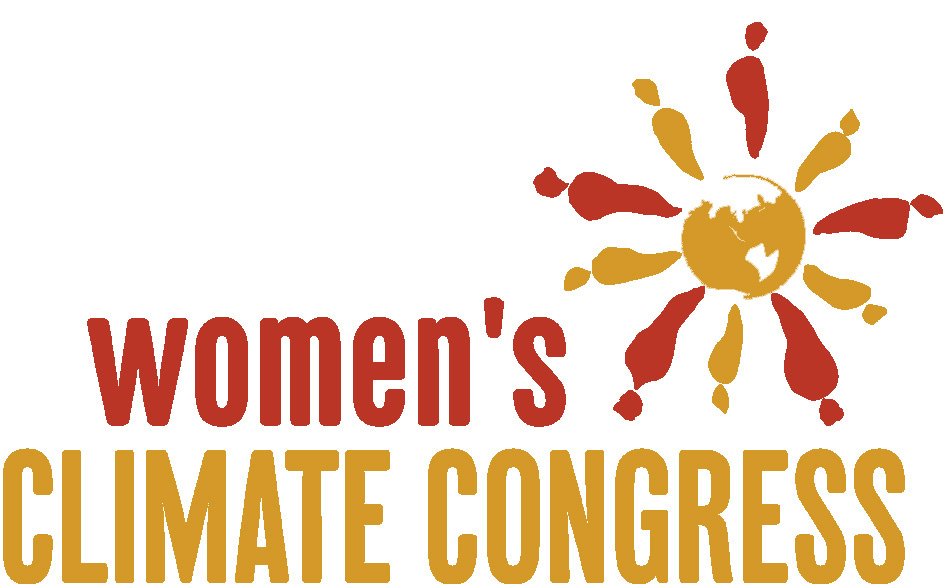
New South Wales - Newcastle
Women Leading Climate Change Action on Awabakal and Worimi Country
Newcastle, NSW | Tuesday, 4 April 2023
WCC founding members Janet Salisbury, Barbara Baikie OAM, Lyn Stephens and Kirsten Anker were delighted to take our Charter for Change Roadshow to Newcastle, to meet women engaged in local issues and discover the ways in which we can support each other.
After introductions to each other and to the Charter, we each chose an image and associated action to respond to. Here are some of the main points from the conversation:
Initial responses:
Arts and creativity are important tools for radical change.
The actions and ideas in the Charter are complementary – they support and build on each other.
Small things can make a difference.
What stories do we tell our children that inform them but don’t burden them?
Further thoughts:
It would be useful to have a women’s consultative group, outside of but connected to Parliament, a mirror of The Voice. If it involved women of different backgrounds and opinions, like Labor’s Women’s Caucus, but across all the parties, it would be more likely to advance women’s interests on issues. For example, in Tasmania , local mayors are interested in a women’s council at the local level.
It would be good to involve all Mayors in a LGA. The Hunter Joint Organisation is a good example of this.
Other women’s groups are doing interesting and related work, including:
Women’s Environmental Leadership Australia (WELA)
Women’s Electoral Lobby (WEL)
Women for Election Australia (Wfe)
There is a lack of diversity of voices in community participation. Currently, community participation demands significant amounts of time and commitment to read substantial and complex materials and attend meetings. Important sections of the community don’t have the capacity or the time to do this, at least without being paid. Citizen participation becomes token. In order to ensure real diversity of voices, we need different methods.
We need to meet people where they are. For example, younger people are used to receiving their information in bite-sized packages, or visually, etc. We need to provide information in this form.
Citizen participation should be valued – people should be paid for their input.
The work of volunteering should be captured in the Census.
Stories are key. What stories do we tell, and how?
To highlight inequality?
So that people are prepared to hear?
So that people will respond?
One approach is to highlight connection, especially around the things we love. (How to Talk about Climate Change in a Way that Makes a Difference – Rebecca Huntley). Another is to weave in Indigenous knowledge. (Here are some stories from the Martoowarra Fitzroy River in WA). A third is to ground ourselves in women’s energy.
Another important perspective is that of spirituality and the framing of rights. Does a tree have a right to grow? The stream a right to run? It’s a foundational religious idea that ‘Mankind’ has dominion over the natural world, but we haven’t done a very good job of it! We need to recognise the natural world as having a right to existence independent of its value as a resource to humanity.
The Charter Action 5 calls on us to uphold intergenerational equity and the rights of all Earth life. It continues: We commit to the wellbeing of future human generations and all of Earth’s biodiversity. We call for human and planetary wellbeing to be considered in the development and implementation of all policies.
As examples of this type of action, the Yarra River has been recognised as a single, integrated natural system which is entitled to protection.
We need to speak to our leaders in this language – in “women speak”.
Let’s look for allies: Hunter Jobs Alliance, Hunter Renewal, The Next Economy, but also unlikely allies. Who are they?
Let’s support good work: offer bread and roses to politicians after a positive vote.
We also noted the work of Rising Tide, a diverse local group committed to developing peaceful mass action in defence of climate security.
WCC would like to thank all women who attended this evening discussion. It was a great pleasure to meet and yarn with you, and we hope there will be many more opportunities to do so again in the future.
WCC would also like to thank Naomi for assistance with set-up at the event venue, Pachamama House.
The Newcastle Herald published an article about us - ‘Women’s climate crusade heads to city’ (3 April, page 3).




